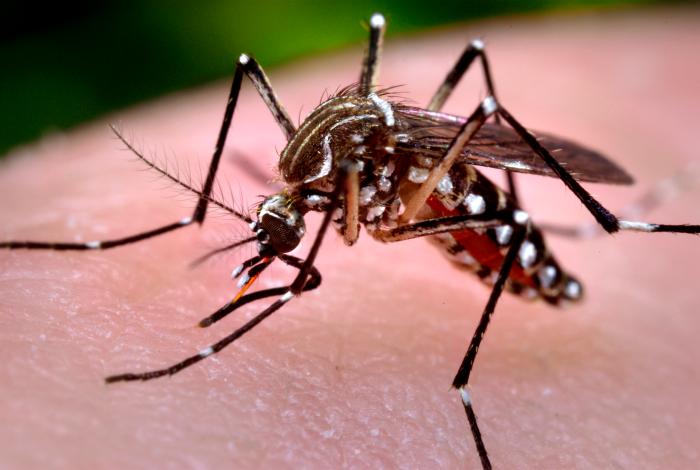A multidisciplinary group of experts convened by the Pan American Health Organization / World Health Organization (PAHO / WHO) is in El Salvador this week to exchange experiences and support national efforts to respond to the Zika virus outbreak in the country.

Experts are meeting with officials from the Ministry of Health and sharing experiences from Brazil, Colombia and Chile (Easter Island). In addition to technical meetings they are visiting hospitals and laboratories and traveling to areas of the country where there have been cases of Zika.
The mission is part of PAHO’s strategy to strengthen the capacities of countries to deal with Zika, which has intensified since WHO declared a public health emergency of international concern because of Zika in Brazil and its possible association with increasing cases of microcephaly in that country, said Carlos Garzón, PAHO / WHO representative in El Salvador.
“We will learn from the experience of El Salvador to use as an example for other countries facing Zika, a new virus that presents challenges for everyone,” said Ximena Aguilera, a Chilean epidemiologist and public health expert who is leading the mission.
The Minister of Health and Social Welfare of El Salvador, Violeta Menjivar, welcomed the group and said exchanging information with group members will be important. “Certainly we’re going to learn a lot from you too,” she added. The experts plan to present their conclusions to country health authorities at the end of their mission.

In addition to Aguilera, mission participants include Javier Moreno Pardo, Chief of Neurology, University Hospital King Juan Carlos of Spain; Cynthia Braga, of the Aggeu Magalhães Research Center of the Oswaldo Cruz Foundation (Fiocruz), Brazil; Angelica Maria Rico Turca, a virologist from the National Institute of Health, Bogota, Colombia; Patricia Santa Olalla, Spanish specialist in family and community medicine; and Rodolfo Gómez Ponce de Leon, advisor of the Latin American Center for Perinatology (CLAP)of PAHO / WHO, based in Uruguay.
The experience of Brazil in the management of microcephaly and Guillain-Barre Syndrome is being shared during this mission, along with discussions on surveillance protocols and the preparation of health services for surveillance and patient care, particularly for those with severe neurological manifestations related to Zika.
Since Brazil reported the first cases of local transmission of Zika in May 2015, the virus has spread to 31 countries and territories in the Americas, a situation that is compounded by possible association of Zika with microcephaly and Guillain-Barre syndrome. Brazil, Colombia, El Salvador, Surinam and Venezuela have all documented increases in cases of the syndrome.
El Salvador has reported more than 9,000 cases of Zika virus infection so far, and 138 cases of possibly associated Guillain-Barre syndrome. Of these cases, 70 percent have already been released and 228 pregnant women are being tracked. Among those women, 35 have given birth to children without microcephaly and the rest are being followed, country authorities said.
PAHO has developed a strategy to help countries mitigate the impact of Zika virus, through strengthening their capabilities to detect the introduction and spread of the virus, reducing mosquito populations, ensuring the necessary health services, and communicating effectively with the public about risks and prevention measures.


One thought on “El Salvador reports 9,000 Zika cases, International mission visits”